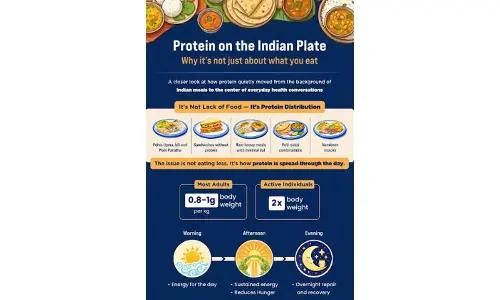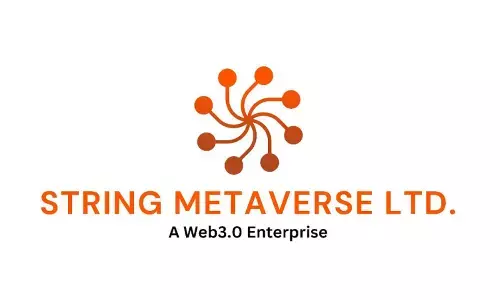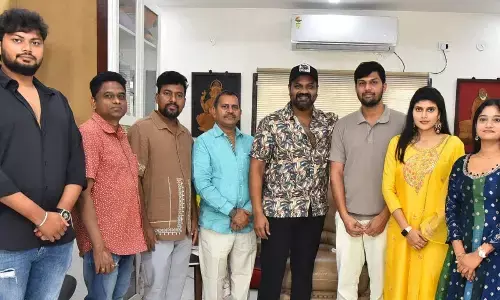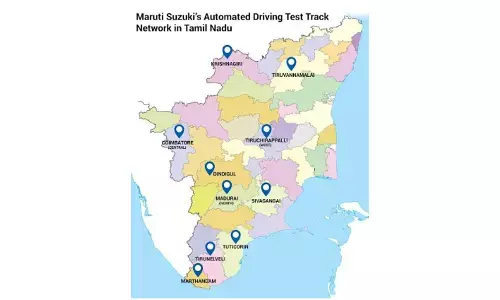Feminist jurisprudence in India
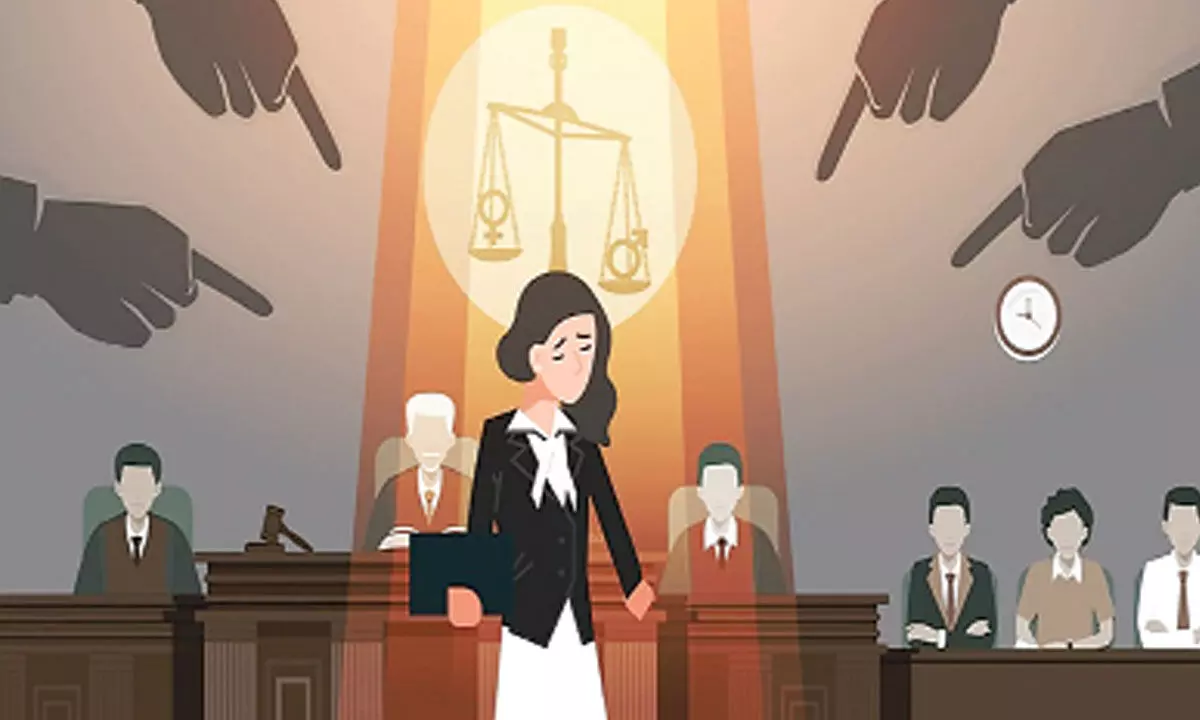
Feminist jurisprudence in India
The Indian Constitution is first and foremost a social document, observed American historian Granville Austin
The Indian Constitution is first and foremost a social document, observed American historian Granville Austin. Yet, for the first time, the feminist aspect of the constitution was highlighted by our Hon'ble Chief Justice of India, DY Chandrachud when he described the Constitution as a feminist document. Our Constitution gave Indian women the right to vote right from its adoption in the year 1950. In other matured western democracies, women's right to franchise was recognised in their constitutions after years of long struggle.
Women are guaranteed equal rights and equal protection under our Constitution. The Indian legislature has enacted various laws to counter social discrimination and different forms of violence and atrocities against women. Yet, entrenched bias and regressive mindset still exists in the society against the fair sex.
The Supreme Court in Aparna Bhat v The State of Madhya Pradesh (2021) dealt with the issue of the language and approach to be adopted by judges while dealing with gender violence cases. The Court suggested that judges must avoid making observations such as the rape survivor had previously consented to similar acts, she behaved promiscuously or that her clothing provoked the alleged action of the accused or that she behaved unbecomingly of a chaste Indian woman etc., while making a judicial decision. The apex court observed that "the use of reasoning/ language which diminishes the offence and tends to trivialise the survivor (in gender violence cases) is especially to be avoided under all circumstances."
In 1872, in Bradwell vs The State of Illinois, the Supreme Court of the US denied permission to Myra Bradwell to practise law in the State of Illinois since it was of the opinion that "the paramount destiny and mission of woman are to fulfil the noble and benign offices of wife and mother."
Leila Seth, the first woman Chief Justice of a High Court in India, was told by her senior that the legal profession was not for women and that she must go and get married. She persisted and we got the first woman Chief Justice of a High Court in 1991. She was also part of the Justice Verma Committee which overhauled the rape laws in the country after the infamous Nirbhaya case in 2012. This observation is in the context of the need to increase the representation of women in the Indian judiciary.
Recently, some judgements in the Indian Courts have caused ripples in feminist circles. A recent Sessions Court Judgement in Kerala granted anticipatory bail to a social activist in a case of alleged sexual harassment under Section 354A of the IPC on the ground that the section was not prima facie attracted when the complainant was dressed in sexually provocative dresses.
Another such judgement was the skin-to-skin contact judgement by the Bombay High Court wherein the Hon'ble Judge acquitted the accused saying that groping a minor without skin-to-skin contact can't be termed as sexual assault under POCSO. Later, the Supreme Court set aside the Bombay High Court ruling. The Indore Bench of the Madhya Pradesh High Court recently reduced the sentence of a rape convict from life imprisonment to 20 years on the ground that he did not kill the 4-year-old victim after the heinous act.
Such instances prove that judicial officers and legal practitioners must be sensitised about feminist jurisprudence and the need to avoid such languages and biased opinions from trickling into judgements which shape the future institutions of justice. Additionally, proactive measures must be taken to induct women-centric measures into government policies.
Prajwala, a Hyderabad-based NGO devoted to the cause of eradication of forced prostitution and sex trafficking, wrote a letter on 18th February 2015 to the Hon'ble Supreme Court regarding videos of sexual violence circulated on social media platforms. Subsequently, the Supreme Court directed the Government of India to frame necessary guidelines to eliminate pornography and related content in online platforms and other applications. Accordingly, the government came up with the Information Technology (Intermediary Guidelines and Digital Media Ethics Code) Rules 2021 incorporating necessary provisions. Rule 3 (2) (b) imposes an obligation on the intermediary to remove or disable access to any content which depicts sexual acts or sexual violence or nude pictures of a person within 24 hours of receiving a complaint from an individual or any person on his/her behalf.
However, the expert committee appointed in the above case expressed displeasure over the functioning of the cybercrime portal launched by the Ministry of Home Affairs in 2018 in the wake of the increasing cybercrimes against women on platforms like Google, Microsoft, Facebook and WhatsApp. With changing times, gender violence is also taking different shapes and forms. When the executive fails to meet the challenges, the burden to fill up the gap falls on the judiciary. Judicial activism may be a matter of exception but is inevitable to further the ends of justice.
The Constitution of India is indeed a feminist document. Additionally, it is also an egalitarian socially transformative document, as said by our Hon'ble Chief Justice. Laws and government policies flowing out of this social feminist document should uphold the spirit of the constitution just as the Judiciary must act its role of being its gatekeeper.
(Writer is an Assistant
Professor of Law, Bengaluru)





